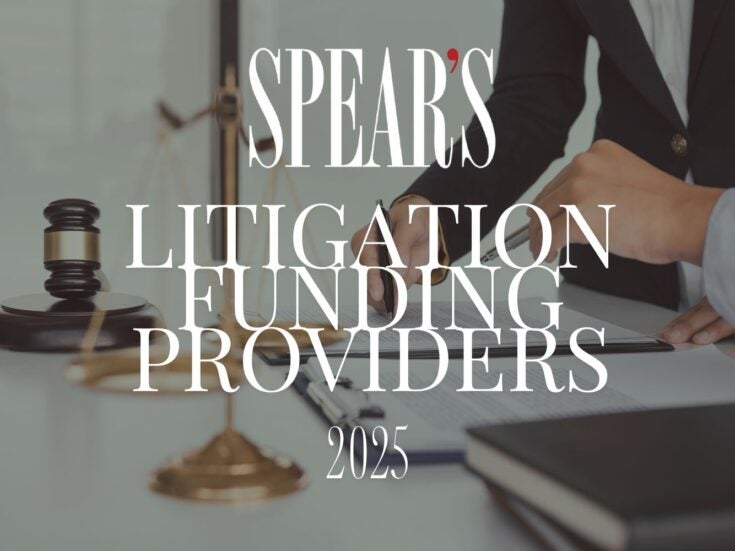
New taxes face foreigners and companies buying homes in the UK for more than £2 million from April, but there’s no need for panic. Looking at the details, there are ways to avoid what, on the face of it, look like punishing liabilities, and the Government has recently made important concessions.
First, the punches. The Finance Bill of 11 December 2012 detailed an annual residential property tax (ARPT) for what are indelicately known as ‘non-natural persons’: companies, collective investment schemes and partnerships which have a company as a partner. Homes valued at between £2 million and £5 million will, from 6 April 2013, face a charge of £15,000 a year; those valued at between £5 and £10 million, £35,000. The figure doubles in the £10 million to £20 million bracket and those worth £20 million upwards face a charge of £140,000.
This, a mansion tax in all but the name, is not the only blow facing ‘non-natural’ property owners. Later this month the Treasury is due to publish draft legislation to extend capital gains tax (CGT) to non-UK resident non-natural persons, who are not currently liable to this tax. The rate of CGT will be 28 per cent.
In our view, however, the Government’s introduction of extended reliefs and exemptions for trustees and genuine property developers and investors will mean that a large number of ‘non-naturals’ will fall outside the scope of the new rules.
Still, it is essential to review structures now so that action can be taken before the end of the current tax year on 5 April. There is not much time. Some believe that the Treasury has deliberately held back CGT draft legislation to reduce the time available to take defensive action.
Perhaps the most welcome CGT concession is the rebasing relief. This means that only gains that accrue after 6 April this year will be chargeable. In addition, there will be a taper relief for those properties which ‘marginally’ exceed the £2 million threshold on sale.
Concessions have also been given when it comes to ARPT. Trustees are exempt, as are foreign owners who rent out their properties commercially or are ‘genuine businesses carrying out genuine commercial activity’. There is also relief for farmhouses and homes owned by charities, or homes providing employee accommodation or used by the public commercially.

The CGT regime will not offer any principal private residence relief for non-UK resident ‘non-naturals’. But, as with the ARPT, trustees together with genuine commercial property businesses will be exempt.
What are the options for the overseas family investing in the UK, or the local whose home is his company as well as his castle? One is to do nothing. For the elderly or those in poor health, the benefit of the inheritance tax shelter offered by the current structure might outweigh exposure to both the ARPT and CGT.
Otherwise, unwinding the company structure into direct or trustee ownership is another route, perhaps selling up and returning the money to the shareholder as capital. However, care needs to be taken if the property is mortgaged or the shareholder is a UK resident. Alternatively, the property could be co-owned between spouses and other family members, but beware of family squabbles.
Others may want to consider converting the structure to a nominee arrangement. A company would hold the property as nominee for the ultimate owner. This would not offer any tax advantages (the ownership is transparent for tax purposes) but would allow the name of the ultimate owner to remain confidential; in other words it would not appear on any Land Registry records.
For some it could make sense to hold the property at offshore trustee level, perhaps using a double trust arrangement, where one trust, or its underlying company, lends to another the funds to purchase the property. This has both asset protection and succession planning advantages. It also avoids the ARPT and in most cases a CGT liability.
It could be possible to hold the property in a foreign limited liability partnership, which would avoid both the new taxes and offer inheritance tax protection. However, this would be among the more complex arrangements to put in place and there would be both set up and management costs to consider. We are also wary of the Chancellor closing off the use of partnerships to avoid tax — something he hinted at in the Autumn Statement.
So, although some of the detail on CGT may be opaque, the message to wealthy foreigners, or people sheltering property in companies is clear: there are ways to reduce or eliminate the risk of a large tax bill as a result of the proposed changes, but move fast.
The practical difficulty is that while some jurisdictions, such as the British Virgin Islands, only take a few weeks to liquidate a property investment company, others take far longer.
Camilla Wallace is a partner in the Private Client team at London law firm Wedlake Bell LLP
Don’t miss out on the best of Spear’s articles – sign up to the Spear’s weekly newsletter
[related_companies]






